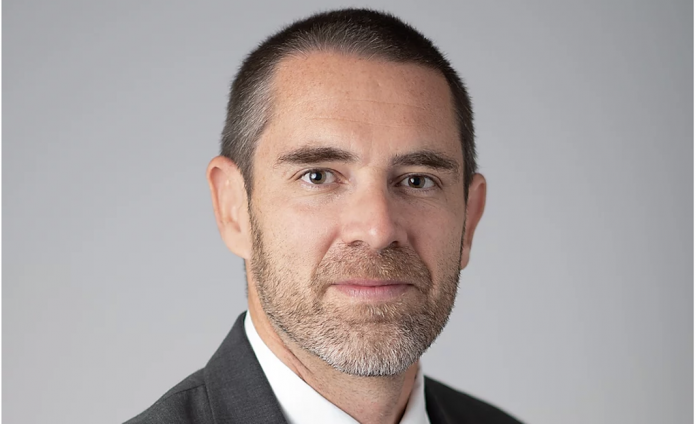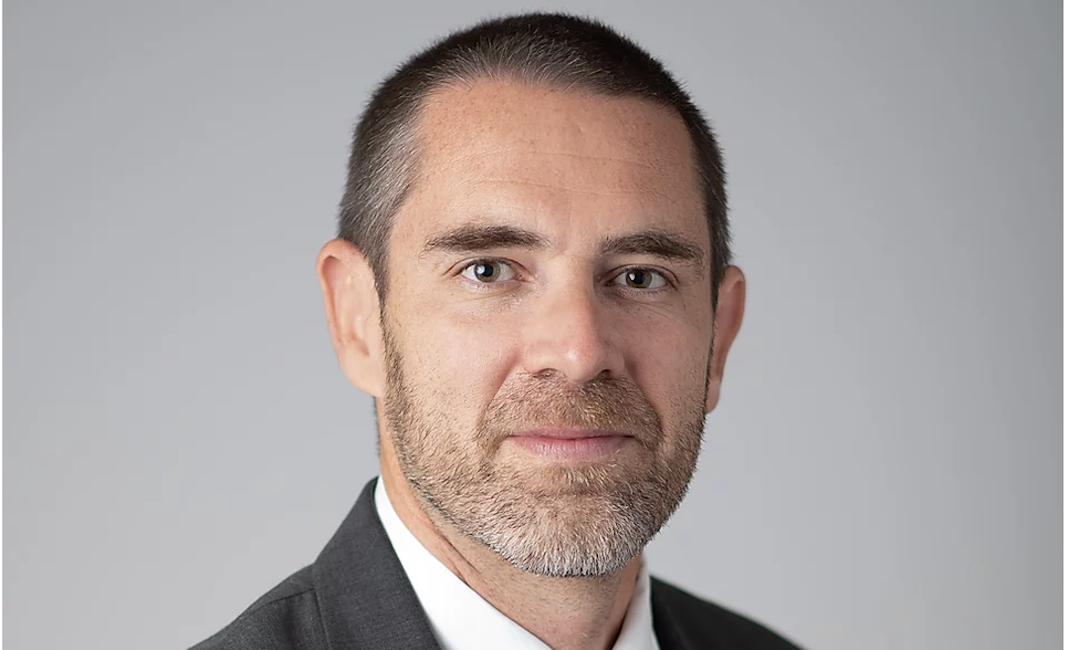
The days of Romain Pirracchio, who heads the anesthesia-resuscitation service at the Zuckerberg Hospital in San Francisco, follow each other but are not alike: today, it is a succession of meetings, to prepare for a massive influx of patients: “Yesterday, I was with my patients all day, today, I focused on our strategy to promote the principle of flattening of the Covid-19 curve. Every day, we adapt and review our priorities.”
Doctor, head of service, teacher and researcher, installed since 2018 in San Francisco, Romain Pirracchio is a specialist in biostatistics, which allow models to be created based on data on certain pathologies. “In infectious epidemiology, we have models which are derived from retrospective observations of diseases, and which allow us to predict peaks of contamination. Here, the challenge is to react faster and build more dynamic models, thanks to techniques well mastered in Silicon Valley, such as artificial intelligence and machine learning. This is the race against the clock of the moment, as we need a lot of data to build these models, but at the moment they are not yet available and not of good enough quality.”
In San Francisco, where containment has been in place since March 16, the peak of the epidemic still seems far away: “According to current predictions, it will take place the last week of April“, Romain Pirracchio advances. “The steps the city took early are largely responsible for the much slower dynamics seen here, with a net effect on the flattening of the curve. We note that we have few patients in San Francisco, but they are generally more seriously ill, without however the number of deaths is high. "The doctor warns, however, of a premature triumphalism, which is already circulating in the media and could suggest that the San Francisco region will be relatively spared:"You have to be very careful because these curves can become disastrous if you loosen the current insulation measures. We can only be sure a posteriori that the peak has passed. Our actions today are crucial for the coming weeks. ”
With ten years at the head of a similar service at the Georges-Pompidou Hospital in Paris, Romain Pirracchio is not his first crisis management. He experienced in particular the attacks of 2015, and knows that the preparation of hospital structures is fundamental: “In San Francisco, we have the necessary accommodation and equipment, in particular respirators. If you compare it to New York, the impact of the epidemic is at the opposite end of the spectrum, and my colleagues have to work in extremely difficult conditions with strained hospital capacities. Fortunately, the provision of a hospital boat has increased the number of beds."As for the absence of federal policy to impose containment on the whole country, it is clearly to be deplored:"Without doing politics, it is easy to draw a parallel with the health system in France, where the ability to react in a concerted and rapid manner is to be taken as an example.”
Romain Pirracchio also salutes the surge of solidarity he has witnessed since the start of the epidemic, in biotechnology as well as in traditional tech companies and universities: “Engineers at UC Berkeley are ready to develop sterilization procedures so that we can reuse our intervention equipment, including masks. At UCSF, we rely on portable technologies such as connected watches to follow the progression of the disease“, Lists the doctor. “Everyone wants to put their time and knowledge at their disposal. And very pragmatically, it starts by sending masks that companies or individuals had in stock at home.”
As for the post-COVID, Romain Pirracchio prefers to remain cautious, and expects that the deconfinement will take time: “Right now, containment is enforced in the Bay Area until May 4. If the peak occurs in late April, it is scientifically very unlikely that a return to normal will occur in early May. We will undoubtedly witness a plateau in the number of cases before seeing a real decrease, then deconfinement ”, he explains. "Our role is to continue to be the good student, not to relax the isolation rules in order to hope to get out of this situation as well as possible."





